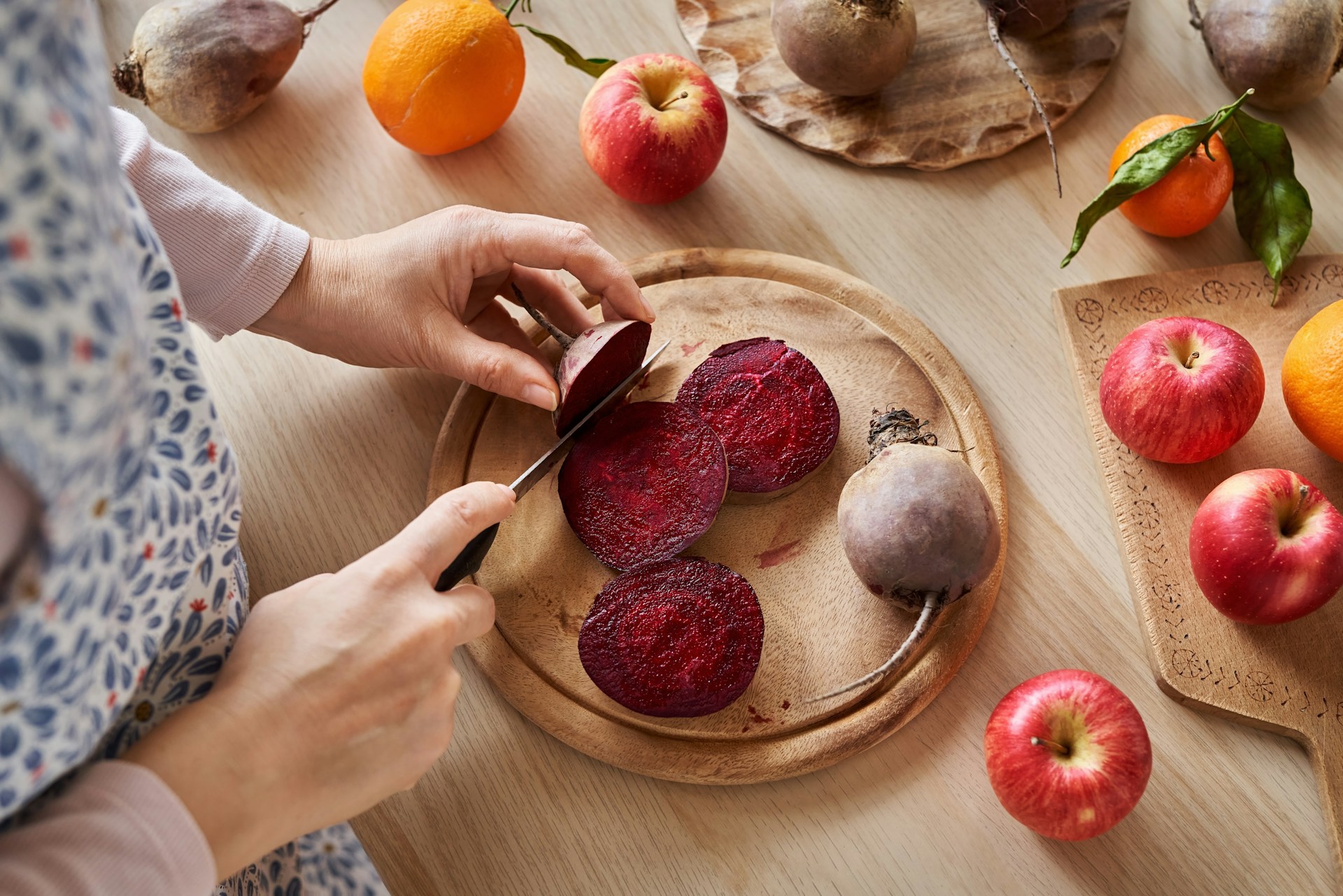Nutrition
Healthy Highs: 12 Carb-Rich Foods That Boost Your Well-Being

Over the course of time, carbohydrates have been viewed unfavorably, often being linked to health concerns such as weight gain and type 2 diabetes. Indeed, processed food items high in sugar and refined grain that are lacking in essential vitamins and minerals are problematic. However, some carbohydrate-rich foods that are loaded with nutrients and fiber can be very beneficial for health. It is essential to remember that completely avoiding high carb food isn’t necessary, even though low carb diets can be advantageous for certain individuals. Here are twelve high carb foods which, contrary to popular belief, are incredibly good for you.
Quinoa, a nutritious seed greatly favored by health enthusiasts, is categorized as a pseudocereal. This implies it’s a seed that is prepared and eaten similar to a grain. Given that cooked quinoa is 70% carbs, it is a high-carb food while also being a viable source of protein and fiber. Quinoa possesses a plethora of minerals and plant compounds and is associated with several health benefits, like managing blood sugar levels and improving heart health.
“Quinoa is highly nutritious and may help improve blood sugar management and support heart health. Quinoa is also high in protein and fiber, so it may be useful for weight loss, as both of these nutrients can help keep you feeling full for longer.”
Bananas, a favorite fruit used in assorted recipes, are also high in carbs. Apart from being rich in potassium, vitamins B6 and C, they contain several beneficial plant compounds. Eating bananas contributes to lower blood pressure and healthier hearts due to their high potassium content. Bananas in their less ripe state have more starch which gradually transforms into natural sugars as they ripen.
“Bananas are high in potassium, a mineral that plays a key role in regulating blood pressure. Less ripe bananas also contain resistant starch and pectin, both of which can improve digestive health.”
Beetroots or beets, while not considered high in carbs, contain significant amounts for a non-starchy vegetable. They are packed with vitamins, minerals, powerful antioxidants and plant compounds. Particularly high in inorganic nitrates, beets are converted into nitric oxide in the body, improving heart health and potentially lowering disease risk.
“Beets are loaded with vitamins, minerals, and plant compounds. They also contain high amounts of inorganic nitrates, which can improve heart health and boost physical performance.”
Oranges, apart from being a good source of fiber, are rich in vitamin C, potassium, some B vitamins, citric acid, potent plant compounds and antioxidants. Regular consumption of oranges may enhance heart health, prevent kidney stone formation and increase iron absorption to guard against iron deficiency anemia.
“Oranges are a good source of fiber. They also contain high amounts of vitamin C and other healthy plant compounds. Eating oranges may benefit heart health and increase iron absorption to help prevent anemia.”
Blueberries, often hailed as a superfood due to high antioxidant content, contain several vitamins and minerals. High in antioxidant compounds, blueberries guard the body against damaging free radicals and may even bolster memory in older adults.
“Blueberries are very healthy. They contain many vitamins, minerals, and antioxidants, and they can help protect against oxidative damage.”
Apples, known for their sweet-tartness and crunchiness, contain substantial amounts of vitamin C, antioxidants, and fiber. Regular consumption of apples can improve blood sugar management, heart health, and may lower the risk of certain types of cancer.
“Apples contain a decent amount of vitamin C, antioxidants, and plant compounds. Eating apples may improve blood sugar management, as well as reduce the risk of heart disease and potentially even certain types of cancer.”
Chickpeas, or garbanzo beans, are great sources of plant-based protein along with several vitamins and minerals. Consumption of chickpeas can boost heart and digestive health, and may even protect against certain types of cancer.
“Chickpeas are an excellent source of plant-based protein and contain many vitamins and minerals. Eating chickpeas has been linked to benefits for heart and digestive health, as well as potential cancer prevention.”
Carbohydrates aren’t inherently unhealthy. Many nutritious foods are high in carbs. While it is recommended to avoid excessive intake of carbs for those following a low-carb diet, and refined carbs like white bread and pasta can be unhealthy in large amounts, these nutritious, delicious carbs can contribute significantly to a wholesome diet.
“When you go grocery shopping, opt for whole grain varieties of high carb foods like bread, pasta, and rice. This will boost your intake of important nutrients, including fiber, vitamins, and minerals.”
Let us know what you think, please share your thoughts in the comments below.
